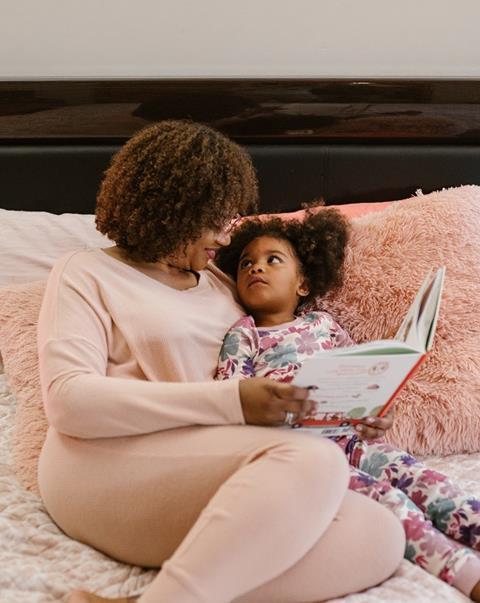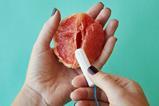Your health questions answered by our resident GP, Dr Olúṣẹ̀yẹ Àríkàwé

Q: What’s the truth about eggs ‘dying’ once you get to a certain age? I’m 45 – is it realistic to think I could still conceive naturally?
Fertility does decrease with age because the quantity and the quality of eggs produced by a woman reduce with age.
Science says fertility starts to decrease from our mid-30s; the rate of this decline is dependent on genetics or lifestyle factors such as smoking, obesity, excess alcohol and a sedentary lifestyle.
At birth, a female child is born with millions of eggs. These numbers decrease gradually over the years. There is no specific cut off age for eggs ‘dying’, but by the time they are in their 50s most women are likely to go through the change of life where their ovaries stop releasing eggs.
The chances may be reduced, but a woman over 45 years can conceive naturally. There have been instances of women over 50 years old conceiving (super)naturally . In the Bible, Sarah is an excellent example of a woman who, even though she had gone past the age, was able to conceive and give birth to Isaac at the age of 90 years old (see Genesis 17 and 21).
Q: I’ve been struggling to get to sleep recently. Would you recommend sleeping pills for someone who is otherwise healthy?
Struggling to sleep can be challenging, but different options are available – especially if the problem is recent. So I would advise you start by trying to find out, if possible, the cause of your sleeplessness. Sleeping pills are not usually a first-line option for anyone because of the risks of addiction with most of the prescribed sleeping medications. There are instances when they can be used, but this is usually recommended for a short-term basis.
There are alternative measures to help to combat sleep issues. Sleep hygiene works in the short term, although not for most chronic sleep problems.
A good sleep hygiene includes the following:
- Avoid napping during the day, even if tired. Push through your daytime sleepiness until it’s night time.
- Only go to bed when you are tired and use your bedroom as a place of relaxation; avoid the temptation to use your laptops, phones, TVs etc in your bedroom.
- Pay attention to your sleep routine: no matter when you go to bed, you must get up at the same time every day, even if you haven’t slept well during the night. Doing this will help you develop a pattern of feeling sleepy around the same time daily, and this will ultimately improve your sleep quality.
If you have tried all the above measures and are still having difficulties, you can get further help from your healthcare provider. Your GP can refer you for psychological support in the form of cognitive behavioural therapy.
You can also sign up for Sleep Station: this online sleep improvement programme delivers personalised one-to-one support from sleep experts, doctors and coaches. You may be able to get free access through the NHS, but this is not available in all areas (you can still pay for the service).
There are sleep apps recommended by the NHS, such as Sleepful and Sleepio. These can be downloaded free on Android and IOS.
If your sleep issue is related to menopause, hormone replacement therapy (HRT) may help, but you will need to assess your suitability to take HRT with your healthcare provider.
The advice given here is not a substitute for personalised professional advice, diagnosis and treatment. Please consult your healthcare provider before making any changes to your diet or treatment.
































